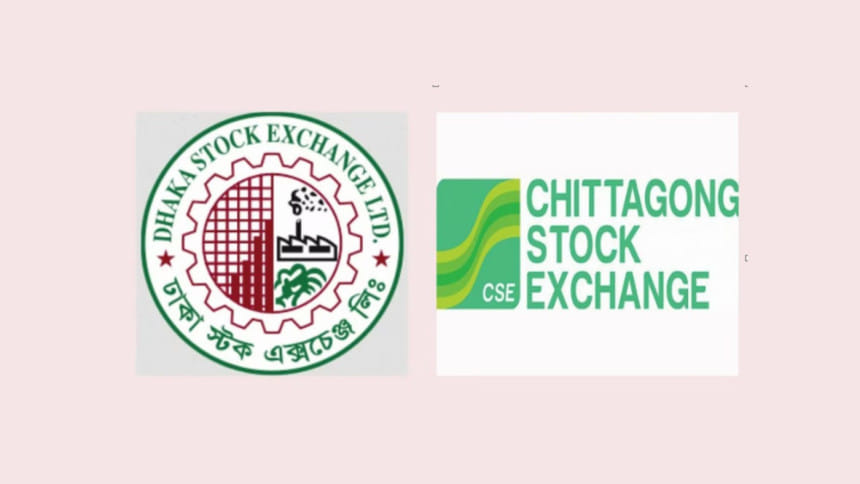Stocks keep rising despite bad news for exporters

The main index for measuring share price performance in the stock market of Bangladesh continued to curve upwards yesterday even though the government has announced plans to slash export subsidies.
In a notice on Tuesday, Bangladesh Bank declared that cash assistance ranging from 0.5 to 15 percent will be afforded for exports from January 1 to June 30 this year.
The cash assistance mainly aims to make the country's exports more competitive in global markets by allowing producers to sell their goods at subsidised rates.
Earlier, the government provided cash assistance of 1 to 20 percent depending on the type of product being exported.
As such, the move to reduce the subsidy is impacting the profits of all export-oriented companies.
However, four export-oriented companies listed on the Dhaka Stock Exchange (DSE) saw their share values rise by about 5 percent each by the end of the trading session on Wednesday.
With their contribution, the DSEX, the benchmark index of the country's premier bourse, edged up by 0.05 percent to close the day at 6,153 points.
On the other hand, the DS30, which comprises blue-chip stocks, shed 0.33 percent to 2,103 points while the DSES, an index representing shariah-compliant companies, slumped 1.18 percent to 1,351 points.
"The government's decision to cut the export subsidy has had a direct impact on the profits of many listed companies, so a huge decline in their share values was expected," said a stockbroker.
"But the stock market was not badly impacted, saving the prime index from a massive fall," he added while pointing out how the trends of local stocks do not usually reflect the overall economic situation.
As per the new cash assistance framework, the export subsidy for all apparel shipments has been halved to 0.50 percent.
Still, the five export-oriented companies that saw rising share values – Evince Textiles, Malek Spinning Mills, Saiham Cotton Mills and Saiham Textile Mills -- are all garment makers.
Meanwhile, increased investor participation in certain sectors boosted the DSE's daily turnover by 4 percent to Tk 979 crore. The market's turnover is a key indicator of the total value of shares traded.
A merchant banker said the reduced export subsidies are not making that much of an impact on the overall market as not all listed companies are export-based.
Besides, as most companies' stocks are already at a low level, their prices did not fall further, he added.
Among the major sectors, non-bank financial institutions dropped 2.58 percent, fuel and power lost 0.58 percent, and textiles declined 0.57 percent.
The textile sector saw the most trade with transactions amounting to Tk 135 crore followed by the engineering sector with Tk 129 crore and general insurance sector with 121 crore.
Shares in the pharmaceuticals sector also put up a decent performance with trade of Tk 108 crore.
Elsewhere, the Chittagong Stock Exchange (CSE) registered a decline in its benchmark index.
The CASPI, the broad index of the port city bourse, edged down by 0.08 percent to 17,427 points at the close of yesterday's trading session.

 For all latest news, follow The Daily Star's Google News channel.
For all latest news, follow The Daily Star's Google News channel. 








Comments